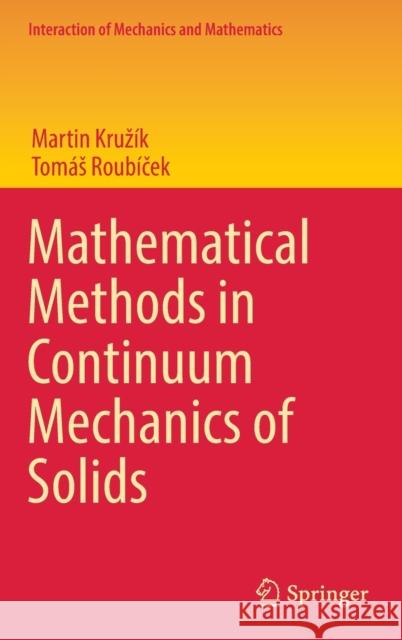Mathematical Methods in Continuum Mechanics of Solids » książka
topmenu
Mathematical Methods in Continuum Mechanics of Solids
ISBN-13: 9783030300197 / Angielski / Twarda / 2019 / 617 str.
Mathematical Methods in Continuum Mechanics of Solids
ISBN-13: 9783030300197 / Angielski / Twarda / 2019 / 617 str.
cena 442,79
(netto: 421,70 VAT: 5%)
Najniższa cena z 30 dni: 424,07
(netto: 421,70 VAT: 5%)
Najniższa cena z 30 dni: 424,07
Termin realizacji zamówienia:
ok. 16-18 dni roboczych.
ok. 16-18 dni roboczych.
Darmowa dostawa!
Kategorie:
Kategorie BISAC:
Wydawca:
Springer
Seria wydawnicza:
Język:
Angielski
ISBN-13:
9783030300197
Rok wydania:
2019
Wydanie:
2019
Numer serii:
000318632
Ilość stron:
617
Waga:
1.04 kg
Wymiary:
23.39 x 15.6 x 3.51
Oprawa:
Twarda
Wolumenów:
01
Dodatkowe informacje:
Wydanie ilustrowane











